|
In 2016 we were approached by a UK charity called 1-3, requesting our assistance and advice. They had seen on our website that we were running a number or schools and a health centre. Their trustees were getting older and had been unable to visit Gambia for some years. Although they had given five year's notice to the Gambian Partner Charity called CIS (Community Initiative Support) to prepare to become more self-sufficient, there had been little or no progress. If anything, the numbers of employees for which they expected to receive monthly funding had increased, as had their requests for more money for repairs solar batteries, fans, lab equipment etc. Our trustees had several meetings with 1-3’s trustees, two of whom made a final visit to Gambia in 2018 which included a visit to see how the Jappineh Health Centre was being managed. At that point, they decided to wind up 1-3 and hand over their projects and residual funds to the African Oyster Trust. We had already identified that we would not be able to engage with their school under its current head teacher, so some final maintenance was carried out and the relationship ended. At the health centre, it was equally clear that quite a lot of the previous funds had been misappropriated, leaving a bank balance of just D2,000 – this after almost ten years of operation! In addition, the previous administrator had vanished altogether, taking with him an ambulance which had been donated to them by a Dutch charity. We quickly appointed Buba Dampha as the new administrator and we immediately made nine staff redundant – many of them surplus cleaners and unspecified hangers on! We were fortunate enough to recruit Dembo Njie, a very skilled and experienced SRN and excellent manager, to be in charge. The one other remaining part time nurse/midwife was kept as were the lab technician and watchman plus just two of the cleaners. Obviously the ambulance driver was made redundant since the ambulance never was found. Three of the staff turned up in the UK and one in Turkey. The cost of their airfares would definitely go some way to explaining the cash shortfall. From the first half year that Dembo Njie was in charge, the clinic was completely transformed. In their first full year they took over D700,000 dalasis – enough to pay the remaining staff and have enough left over to fund half of the medicines required for the following year. A commendable effort by everyone! During a visit by then-AOT trustee Dee Bixley, we found an old ambulance at a local garage which we were able to purchase with funds Dee has raised from a UK Foundation and have it refurbished ready to use. A new driver was recruited, meaning we are once again able to do deliveries and urgent referals to Fajikunda safely. A recurring problem has been that due to the previous regime doing everything on the cheap – presumably so they could pocket the difference from the huge sums 1-3 was sending them – so we inherited a series of maintenance issues. The most serious of these was the electrical installation.
The health centre has both solar and NAWEC (mains cash meter power). From the start we noticed that solar batteries were not lasting nearly as long as they should and that the use of cache power was much higher than expected. Several engineers came to look and each first suggested buying new batteries or charge controllers – each costing upwards of D15,000. We finally found a highly recommended electrical engineer who thoroughly inspected the wiring. What he found was quite shocking and potentially lethal! The solar and mains bare wires were all lying on top of each other – entangled like spaghetti – on the wooden ceiling! An obvious major fire hazard – especially with rainy season approaching. None of the wiring was in conduit. Many of the light fixtures were hanging from bare wires. The one area which did have conduit, the outdoor waiting area, it was broken and in bad shape. Most of the circuit breakers had blown or been disabled. Obviously the system was often shorting out which was the reason for the solar batteries being blown (very costly at D15,000 each – those last 5 to 6 years each at Jappineh, for example). Through a combination of fundraising in the 2021 Big Give campaign - thank you everybody who donated - and a generous contribution from the German NGO - known in English as Electricians without Borders - both the solar and mains electricity is now fully functional. Wellingara continues to thrive under the skillful management of Dembo Njie assisted by Buba Dampha. This year their turnover will be in the region of D1 million. Enough to pay all of their own staff and to make a substantial contribution to their cost of replacing medication. We will continue to help with the additional medicines purchasing and ambulance running costs for the forseeable future.
0 Comments
|
News DiaryThe News Diary is a regular account of all that is happening at The African Oyster Trust. Please pop back for regular updates, follow us on Twitter or sign up for our RSS feed to have the latest news sent straight to your computer! AuthorsThe news diary is written by a number of people close to the work of the African Oyster Trust, including founder James Holden, his co-directors, trustees and volunteers. Archives
February 2024
Categories
All
|

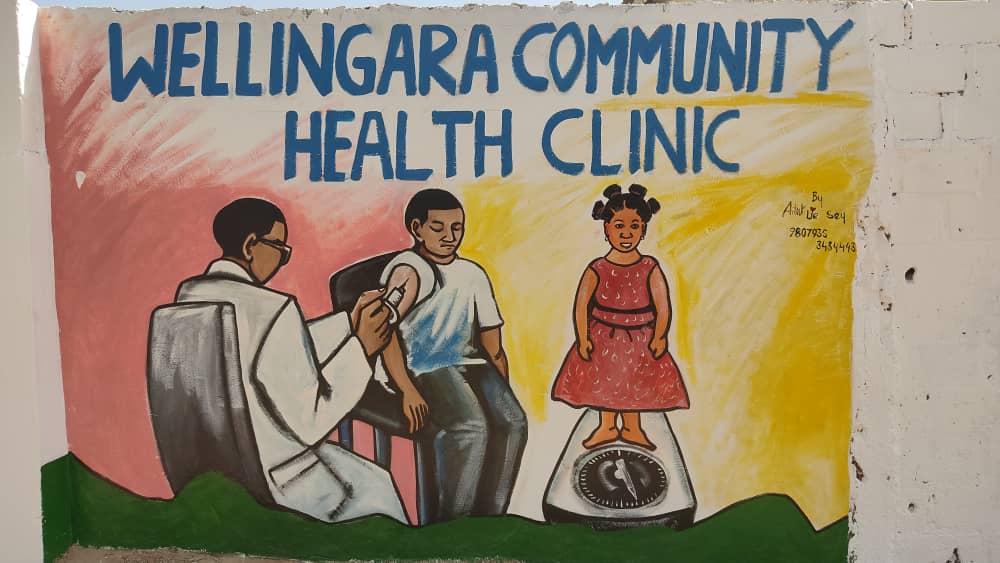
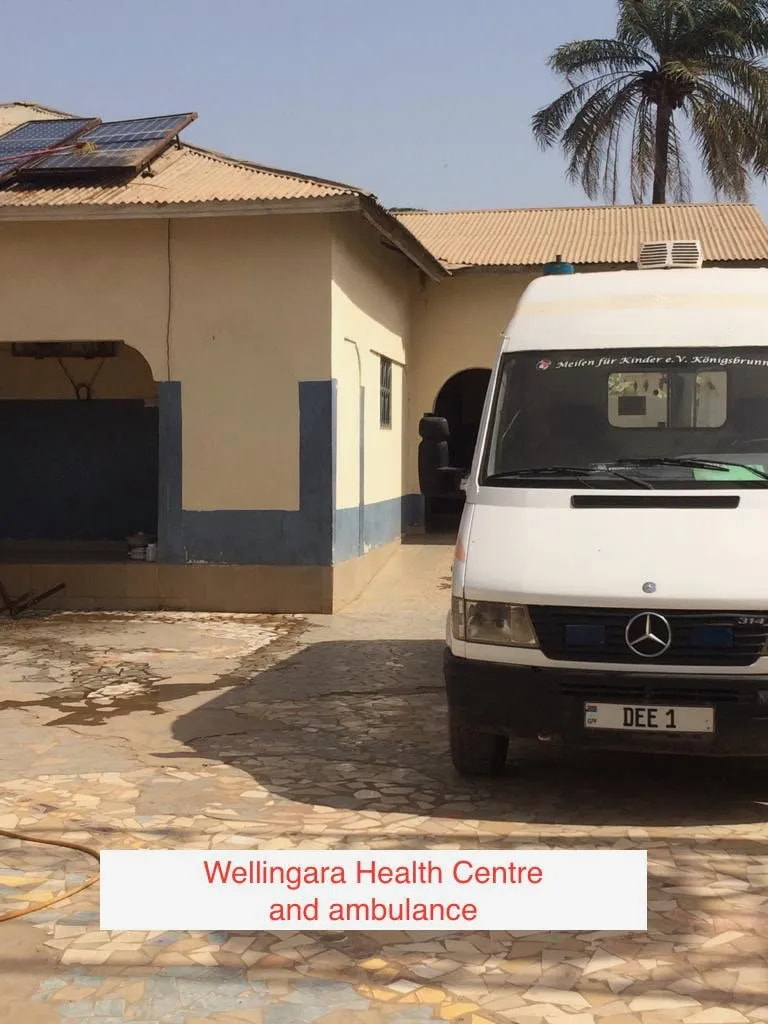
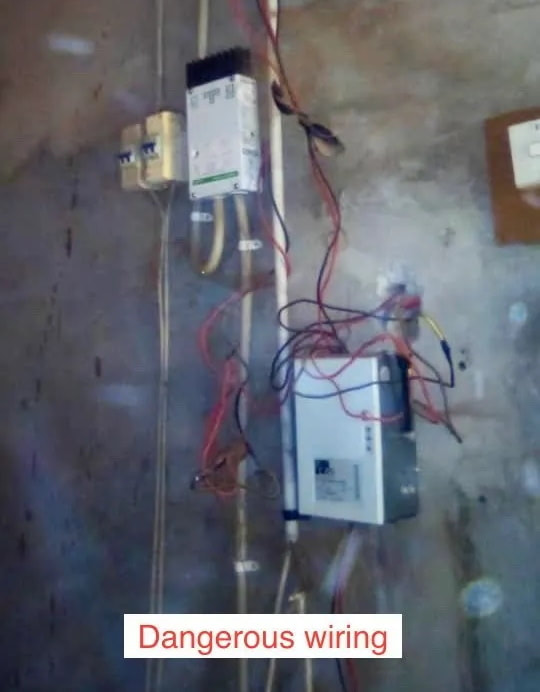
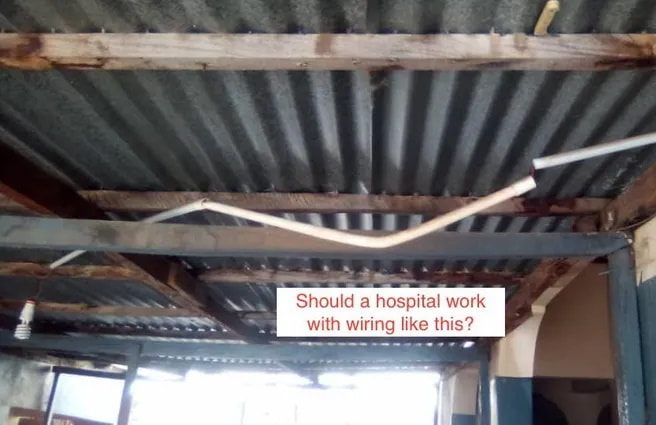
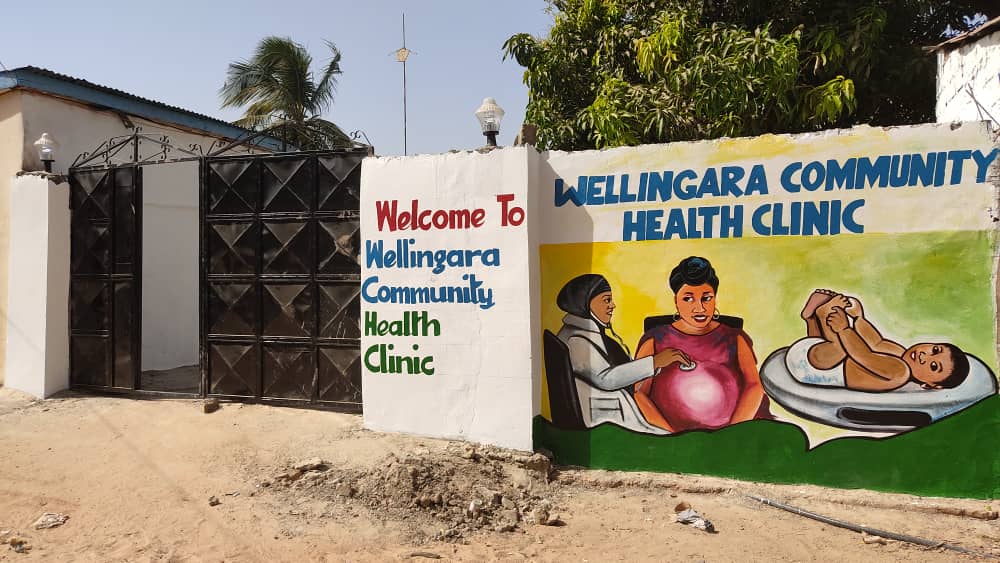
 RSS Feed
RSS Feed